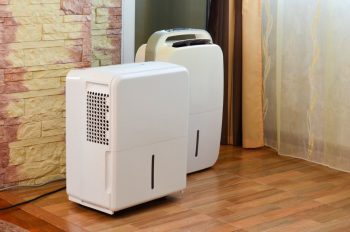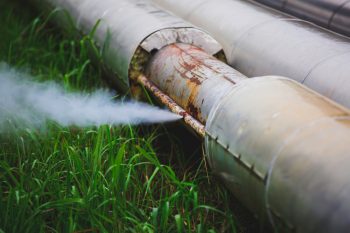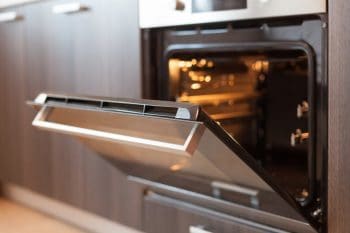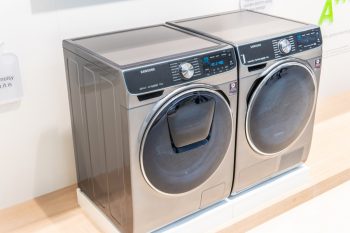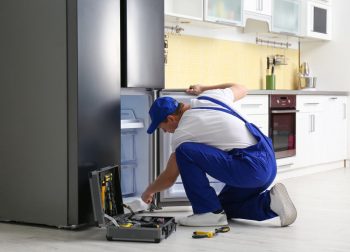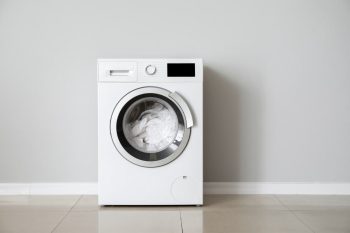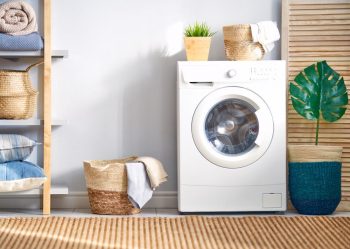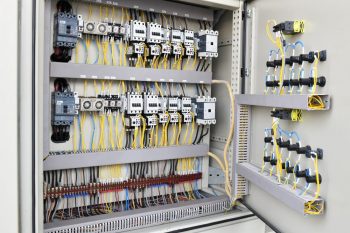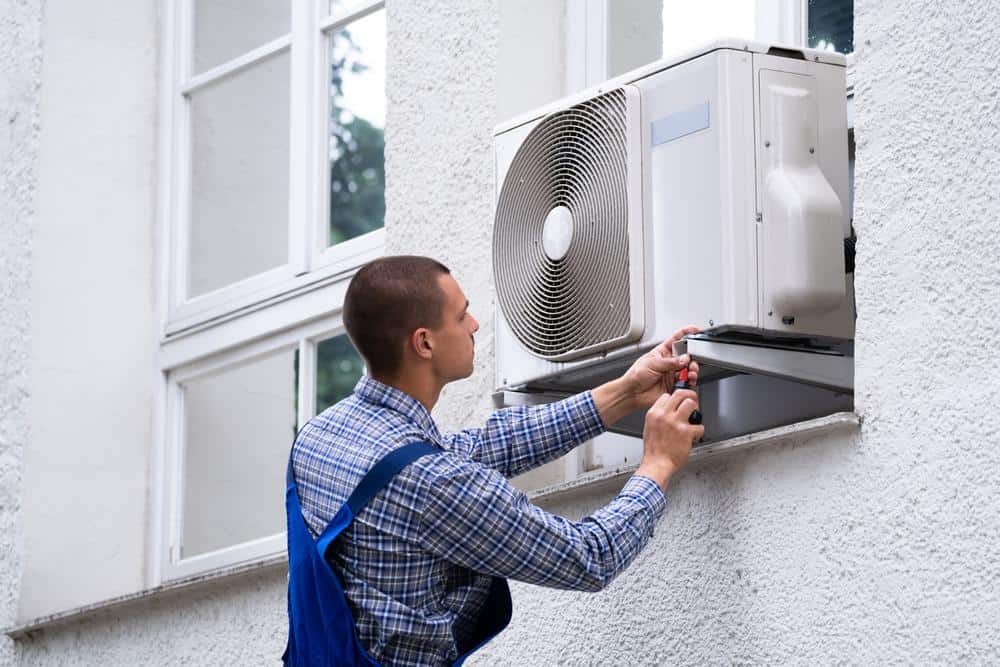
The life expectancy of an air conditioner can range between 10 to 15 years, but with proper care and maintenance, it can last up to 20 years or more. In this comprehensive guide, we will explore various strategies and tips to extend the life of your air conditioner, ensuring it operates at peak efficiency for the longest time possible.
Extending the life of your air conditioner involves regular cleaning and maintenance of the unit, including changing filters and keeping the outdoor unit free from debris. Additionally, having regular maintenance performed by a professional HVAC technician, using the air conditioner appropriately (with optimal temperature settings), understanding the impact of external factors like weather and location, and considering energy-efficient models can also help prolong the lifespan of your air conditioner.
Regular Cleaning and Maintenance
One of the key factors that can significantly extend the life of an air conditioner is regular cleaning and maintenance. Dirty filters can restrict airflow, forcing your system to work harder and consume more energy. Cleaning or replacing filters regularly can improve your AC’s efficiency and prolong its lifespan by protecting the equipment.
Keeping the outdoor unit clean and free of debris is another crucial aspect of AC maintenance. Ensure the area around your outdoor unit is clear of bushes, leaves, and debris to allow for efficient heat exchange. It is recommended to clean your outside AC unit twice a year – once before the cooling season begins in spring and once after it ends in autumn. If your property is near trees or in an area with heavy dust or pollen, you may need to clean the unit more frequently.
Professional HVAC Maintenance
Professional HVAC technicians play a crucial role in maintaining the longevity of an air conditioner. They perform regular maintenance tasks such as cleaning, lubricating, and adjusting system components, ensuring that your air conditioning system operates efficiently. Regular maintenance by a professional HVAC technician not only improves the efficiency of the system but also extends its lifespan.
The cost of annual air conditioner maintenance typically ranges between $65 and $200, depending on the type of air conditioner and the services included. This investment is worthwhile, considering the benefits of improved energy efficiency, extended system life, fewer repairs, and breakdowns.
Proper Use of Air Conditioner
Proper use of an air conditioner, such as optimal temperature settings and not overusing it, contributes to its longevity. Studies show that the optimal temperature to run your AC unit when you are at home is 78°F. Following the 20-degree rule, which states that you should always keep your AC unit at no more than 20 degrees lower than the outside temperature, can also help reduce strain on the system.
Moreover, using a programmable thermostat can help reduce the workload on your AC unit, extending its longevity. These devices allow you to set temperature schedules, so your AC isn’t working as hard when you’re not home.
Impact of External Factors
External factors like weather and location can significantly affect the durability of an air conditioner. For instance, in dry environments, dust and debris tend to accumulate around the unit’s coils and filters more quickly, requiring regular cleaning. High humidity levels can make the air conditioner work harder to maintain the desired indoor temperature, leading to increased energy consumption and potential wear and tear on the system.
Energy-Efficient Models
Energy-efficient models of air conditioners can potentially last longer. They work smarter, operating at lower speeds and using less energy, reducing wear and tear on the system. This can contribute to a longer lifespan for the unit.
In conclusion, extending the life of your air conditioner involves regular cleaning and maintenance, professional HVAC maintenance, proper use of the unit, understanding the impact of external factors, and considering energy-efficient models. By following these guidelines, you can ensure that your air conditioner runs efficiently, saving you money on energy bills and potential repair costs.
Frequently Asked Questions
How often should I replace my air conditioner’s filters?
The frequency of replacing your air conditioner’s filters can depend on several factors such as the type of filter, the air quality in your area, and whether you have pets. However, a general rule of thumb is to replace the filters every 30 to 60 days.
What are some signs that my air conditioner needs professional maintenance?
Some signs that your air conditioner may need professional maintenance include decreased airflow, unusual noises, foul odors, and a sudden increase in your energy bills. If you’re experiencing any of these issues, it’s best to schedule a maintenance check with a professional HVAC technician.
How can I reduce the workload on my air conditioner during peak summer months?
There are a few strategies to reduce the workload on your AC during peak summer months. These include using ceiling fans to circulate cool air, closing drapes or blinds during the hottest part of the day to block out sun heat, and setting your thermostat at an optimal temperature (78°F when home).
What is the benefit of using a programmable thermostat with my air conditioner?
A programmable thermostat allows you to set temperature schedules, meaning your air conditioner won’t have to work as hard when you’re not home. This can lead to energy savings and extend the lifespan of your air conditioner.
What should I consider when choosing an energy-efficient air conditioner?
When choosing an energy-efficient air conditioner, consider its SEER (Seasonal Energy Efficiency Ratio) rating. The higher the SEER rating, the more energy-efficient the unit is. Also, consider the size of the unit. An air conditioner that’s too large or too small for your space can lead to energy waste and reduced lifespan.

